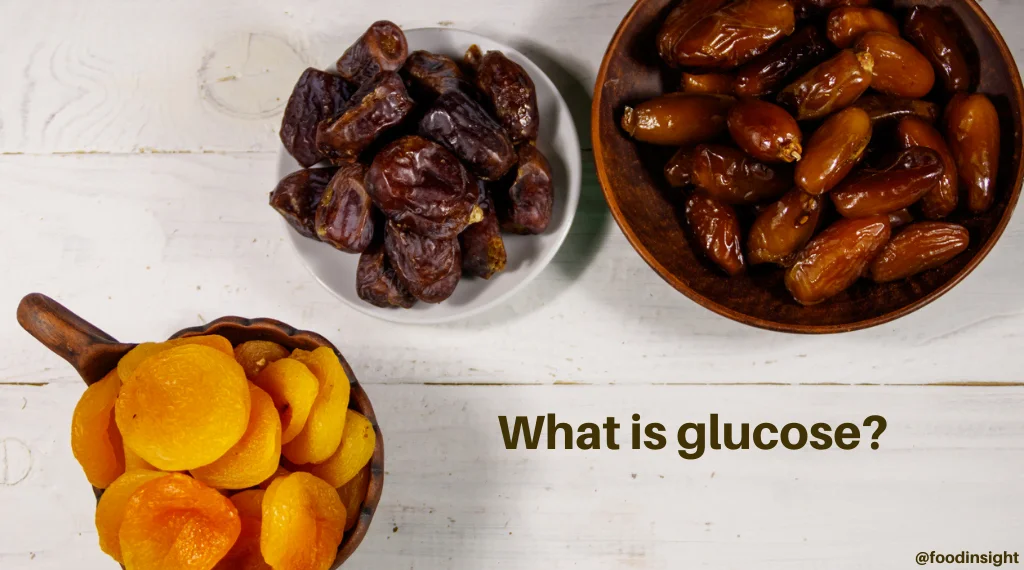
Diet, mood and concentration,Food and your mood
Did you know that your diet has a big impact on your mood, your concentration and even your level of happiness?
What you eat not only effects your physical health, but studies now show just how much diet impacts your mood and mental wellbeing. There’s no single super-food that boosts mood – it’s about having a varied, healthy diet.
A varied, healthy diet improves your memory, concentration and can even increase your level of optimism and protect you from depression. In contrast, eating too many highly processed, fried foods or sugary food and drinks has been shown to increase the likelihood of anxiety and increase the risk of developing depression.
A varied and healthy diet
A varied, healthy diet includes a wide range of:
vegetables
fruits
legumes (such as chickpeas and lentils)
nuts and seeds
fish
wholegrains
unsaturated fats (such as olive oil).
Processed, sugary and high fat foods offer little nutritional value and are best eaten only occasionally and in small amounts.
For children and young people, highly processed, sugary and fried foods have been linked to:
hyperactivity, aggression and symptoms of attention deficit hyperactivity disorder
poor concentration and tiredness – which interfere with learning and memory
depression and anxiety – studies have found that young people with the healthiest diets are considerably less likely to experience depression than those with nutritionally poor diets.
Gut health and mental health
A varied, healthy diet can feed your gut bacteria, improve gut health and help lower inflammation.
Chronic inflammation from an unhealthy diet can lead to many health problems, including depression.
The following can all contribute to chronic inflammation:
stress
insomnia
lack of exercise
smoking.
Find out more about how your gut health can influence your mental health.
Sugary drinks and mental health
Having one or more sugary drinks (such as soft drinks, cordials, energy drinks, sports drinks) each day is associated with poorer mental health.
In addition, energy drinks (containing caffeine and other ingredients such as taurine and B vitamins, ginseng and guarana) have been linked to insomnia, increased stress and depression.
A healthy diet helps treat depression
Eating a varied, healthy diet (and avoiding highly processed unhealthy foods) has been shown to be important in treating depression.
Studies have demonstrated that depressive symptoms can be relieved through diets. One study showed that a third of people with depression experience full relief of their symptoms after improving their diet.
How you eat is important too
It’s not only what you eat, but also how you eat that makes a difference to your wellbeing.
Food helps us connect with others, our community, our culture and our land. Celebrating where your food comes from, how you prepare it and who you share it with are wonderful ways to enjoy food, eat healthier and boost your wellbeing:
Take the time to step away from the screen, sit down and enjoy food wherever you can.
Share a meal with a friend, family member, neighbour or work colleague.
Growing your own food can bring a great sense of satisfaction, make you feel more connected to your food, and help you to be active and feel more relaxed.




